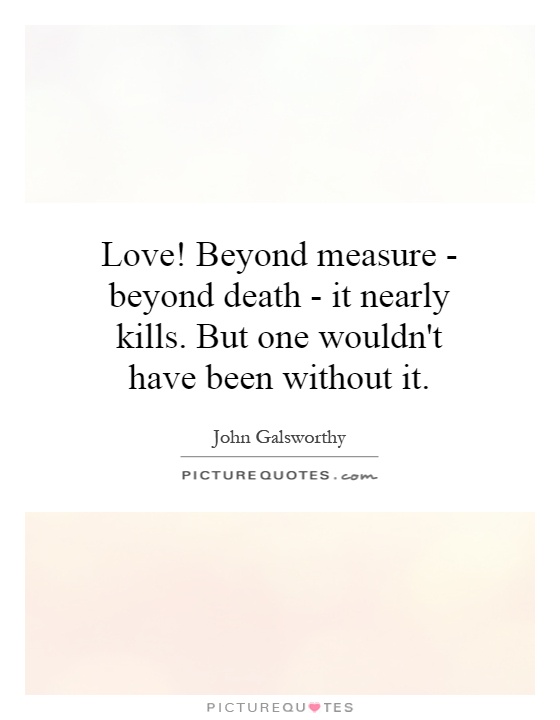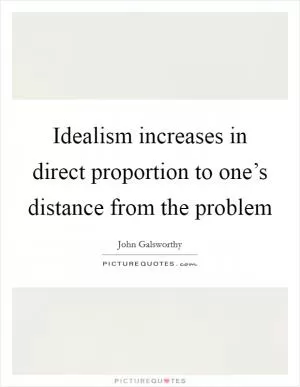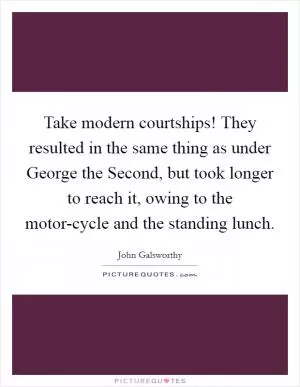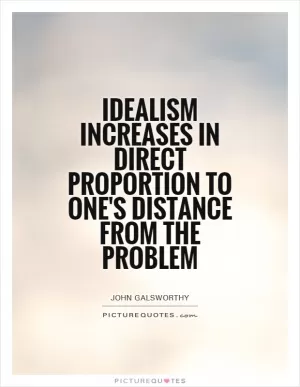Love! Beyond measure - beyond death - it nearly kills. But one wouldn't have been without it

Love! Beyond measure - beyond death - it nearly kills. But one wouldn't have been without it
John Galsworthy, the renowned British author and playwright, was known for his exploration of complex human emotions and relationships in his works. One of the recurring themes in his writing was the power of love, which he portrayed as a force that transcends boundaries and defies all odds. In his works, Galsworthy often delved into the depths of love, showing how it can both uplift and destroy individuals.The phrase "Love! Beyond measure - beyond death - it nearly kills. But one wouldn't have been without it" perfectly encapsulates Galsworthy's views on love. He believed that love was a force so strong that it could consume a person entirely, leading them to the brink of destruction. In his novel "The Forsyte Saga," Galsworthy explores the destructive power of love through the character of Irene Heron. Irene's love for the enigmatic Bosinney leads her to make choices that ultimately lead to tragedy and heartbreak. Galsworthy portrays love as a force that can drive individuals to the edge of despair, yet he also acknowledges that it is an essential part of the human experience.
Despite the pain and suffering that love can bring, Galsworthy believed that it was a necessary and vital aspect of life. Love, in all its forms, enriches and defines us as human beings. In his play "Strife," Galsworthy examines the power of love in the context of a labor dispute, showing how love and compassion can bridge the divide between warring factions. He believed that love had the power to heal wounds and bring people together, even in the most challenging of circumstances.












 Friendship Quotes
Friendship Quotes Love Quotes
Love Quotes Life Quotes
Life Quotes Funny Quotes
Funny Quotes Motivational Quotes
Motivational Quotes Inspirational Quotes
Inspirational Quotes